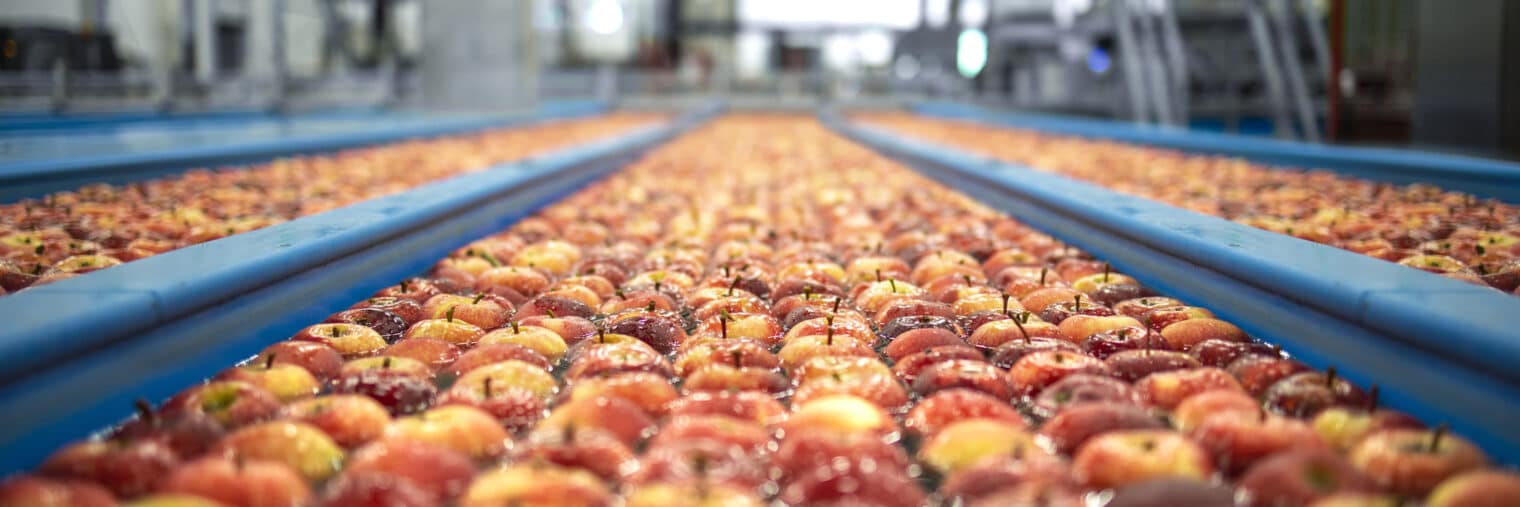Food Distribution M&A Volume Increases Year-over-Year
M&A activity in the Food Distribution sector has remained robust as we approach the end of the year. Year-to-date, there have been 60 announced or completed transactions, reflecting a 3.4% year-over-year increase. These transactions have been distributed across various subsectors of Distribution, such as Bakery Ingredients, Produce, and Foodservice Equipment. Strategic buyers have dominated the M&A landscape, constituting 63.4% of the transaction volume so far this year.
Key players in the sector have been actively pursuing acquisitions to enhance their service offerings and diversify their capabilities. One notable example is Sysco's acquisition of Edward Don in October, a prominent foodservice equipment distributor. While the transaction terms were undisclosed, Edward Don brings in approximately $1.3 billion in annual revenue, providing Sysco with a specialized Equipment and Supplies platform, as outlined in a press release. This acquisition also presents Sysco with additional revenue opportunities to supply equipment and supplies to its broad customer base.
The acquisition of Edward Don is aligned with Sysco's Recipe for Growth strategy laid out in 2021, aiming to accelerate growth beyond market rates. Acquisitions are a central element of this strategy, expected to contribute 0.5% to 1% of sales growth annually, according to Sysco's investor presentation. Aaron E. Alt, Executive Vice President and Chief Financial Officer, emphasized Sysco's commitment to leveraging acquisitions as a growth tool, building on its history of over 200 deals to date.
In the Specialty Distribution segment, produce distributors have emerged as particularly attractive targets in the current market landscape. Sysco's specialty produce platform, FreshPoint, recently announced its acquisition of BIX Produce, a prominent distributor specializing in produce and fresh-cut products, in June. While the transaction details were not disclosed, this strategic move underscores the growing significance of produce distribution within the sector.
Similarly, GrubMarket has been actively expanding its footprint in the produce distribution space throughout the year. In September, the company acquired Mendez International, a wholesaler specializing in tropical fruits and vegetables, further strengthening its presence in the market. Prior to this, GrubMarket had also acquired London Fruit in August, demonstrating its commitment to expanding its produce distribution solutions.
As we approach the end of the year and look ahead to 2024, high-quality produce distributors are anticipated to continue attracting substantial interest from both strategic and financial buyers, underscoring the ongoing importance of this sector within Specialty Distribution.





